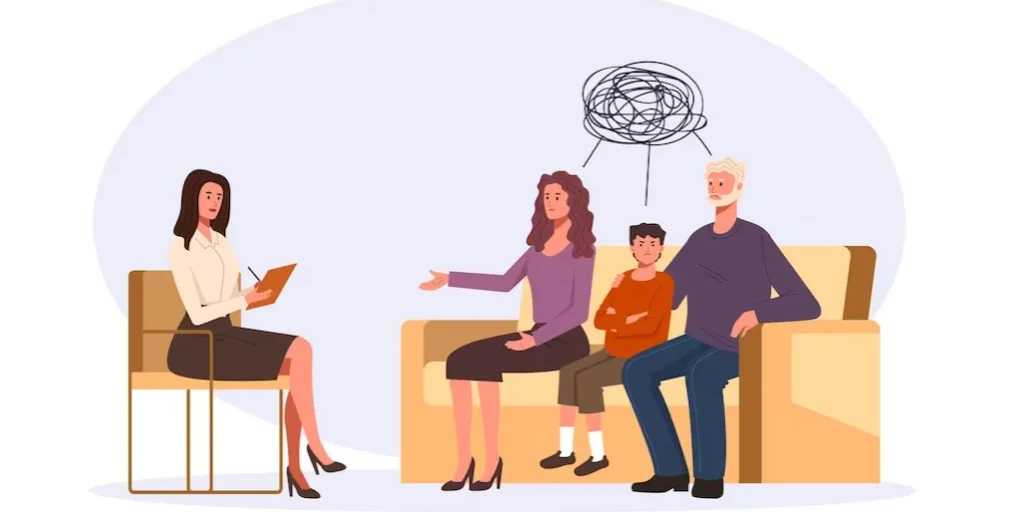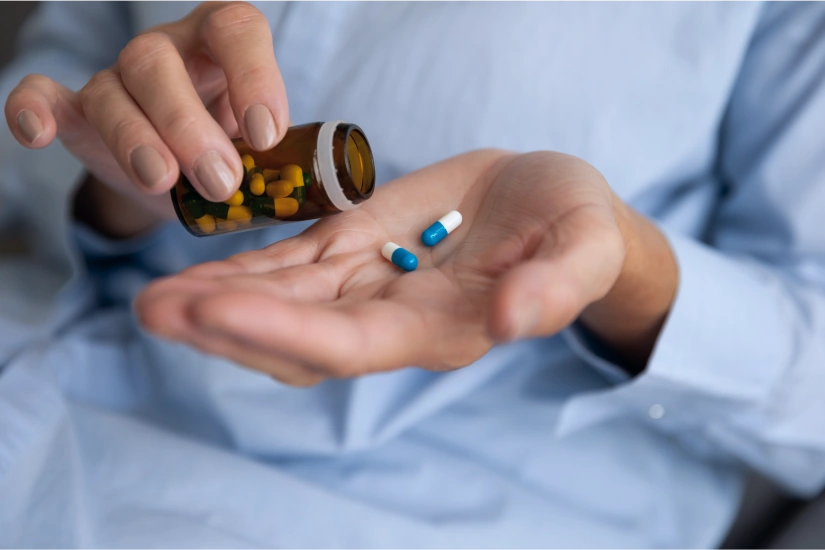24/7 Helpline:
(866) 899-111424/7 Helpline:
(866) 899-1114
Learn more about PTSD Treatment centers in Chewelah
PTSD Treatment in Other Cities

Other Insurance Options

Evernorth

Sliding scale payment assistance

Ambetter

CareSource

Magellan

Group Health Incorporated

AllWell

UMR

WellPoint

Meritain

United Health Care
Beacon

MHNNet Behavioral Health

UnitedHealth Group

Regence

Cigna

Premera

Optima

Lucent

CareFirst


Northeast Washington Counseling Service
Northeast Washington Counseling Service is a public rehab located in Chewelah, Washington. Northeast...

NorthEast Washington Alliance Counseling Services
NorthEast Washington Alliance Counseling Services - Hawthorne Avenue is a diagnostic and treatment c...



























































































































































































































Crisis Intervention Counseling
Crisis Intervention Counseling is a private rehab located in Colville, Washington. Crisis Interventi...

AA – Alcoholics Anonymous
AA – Alcoholics Anonymous is a non-profit rehab located in Colville, Washington. AA – Alcoholics Ano...

Spokane Tribe Behavior Health Agency
Spokane Tribe Behavior Health Agency is a public rehab located in Wellpinit, Washington. Spokane Tri...




























































